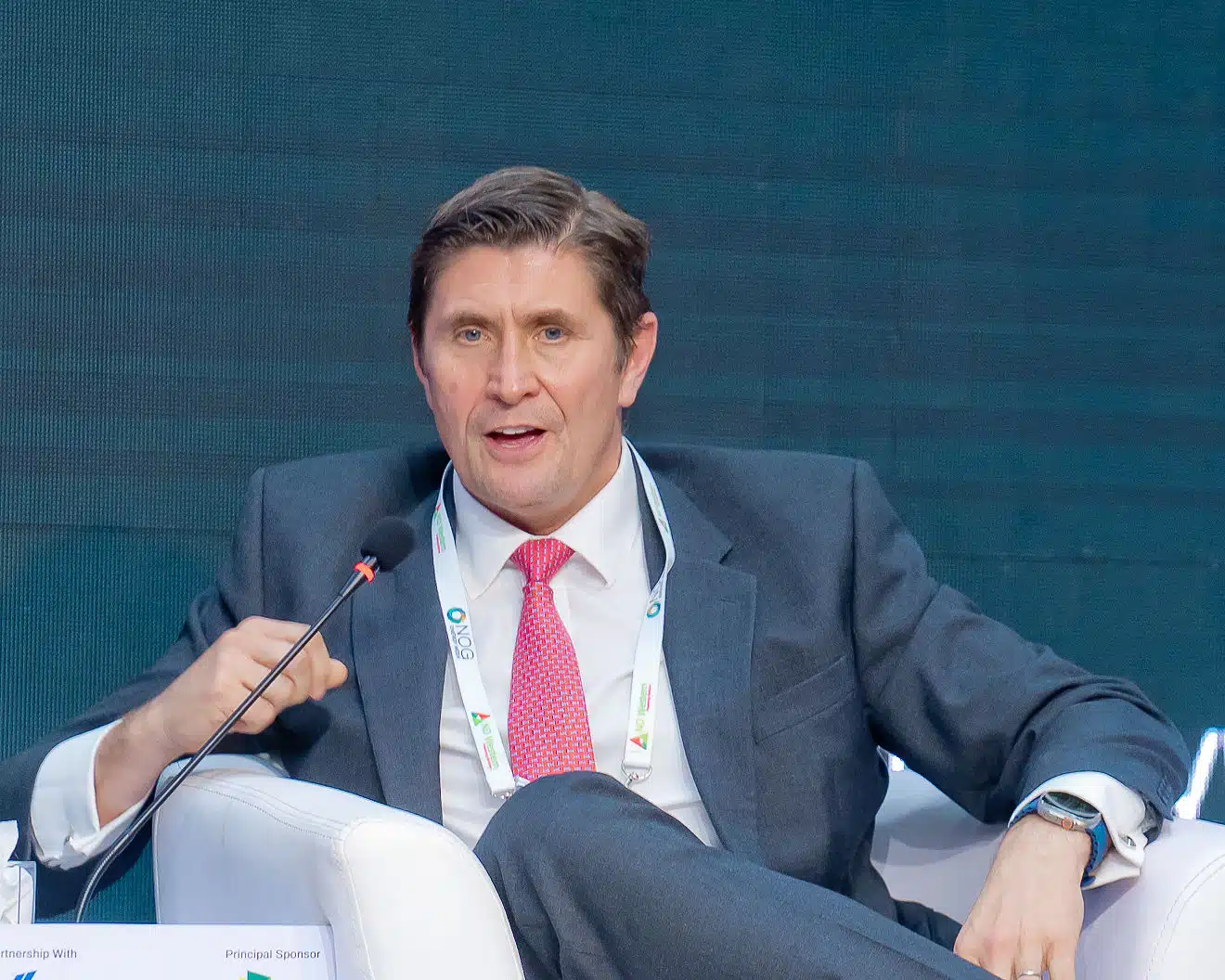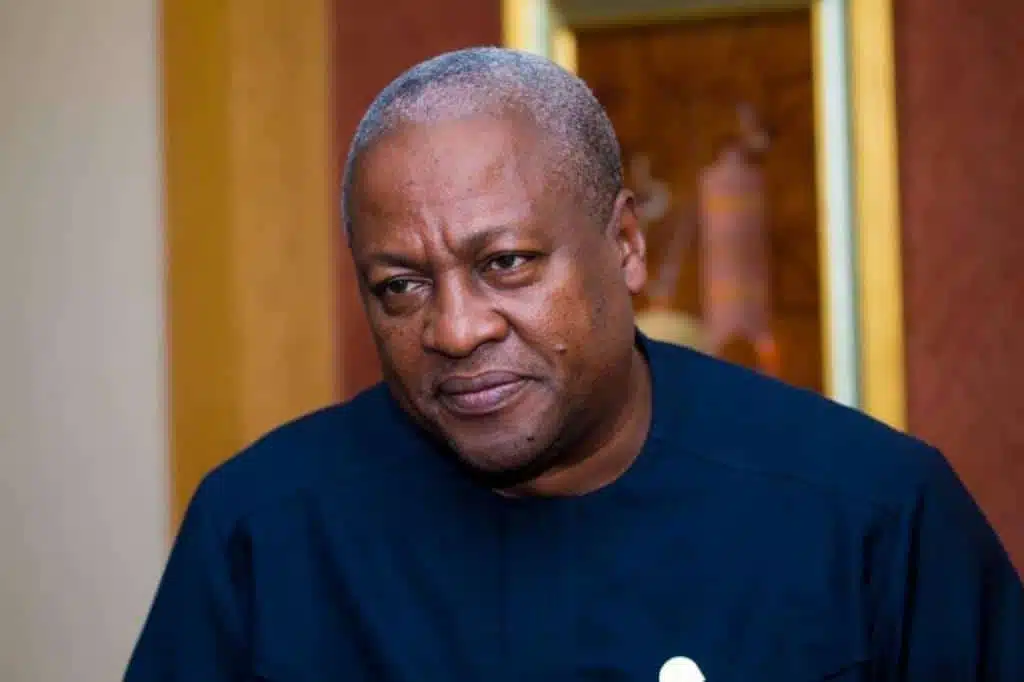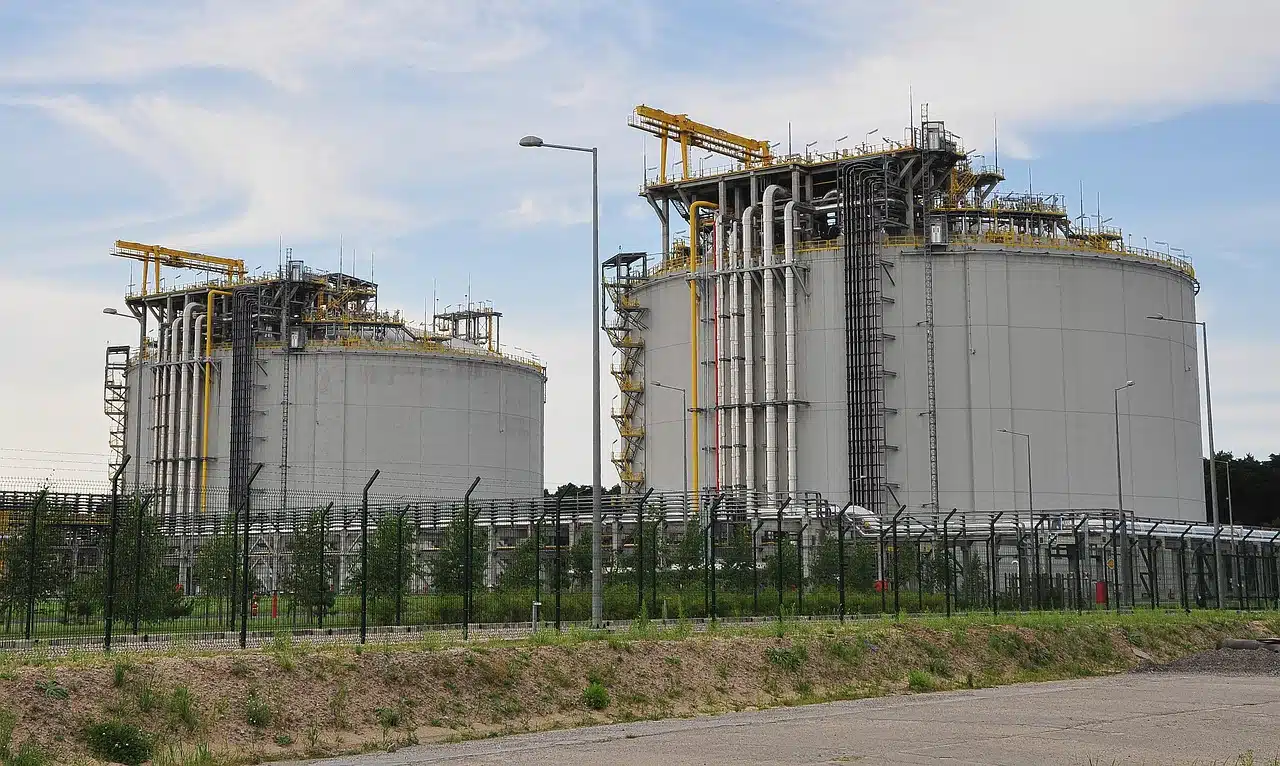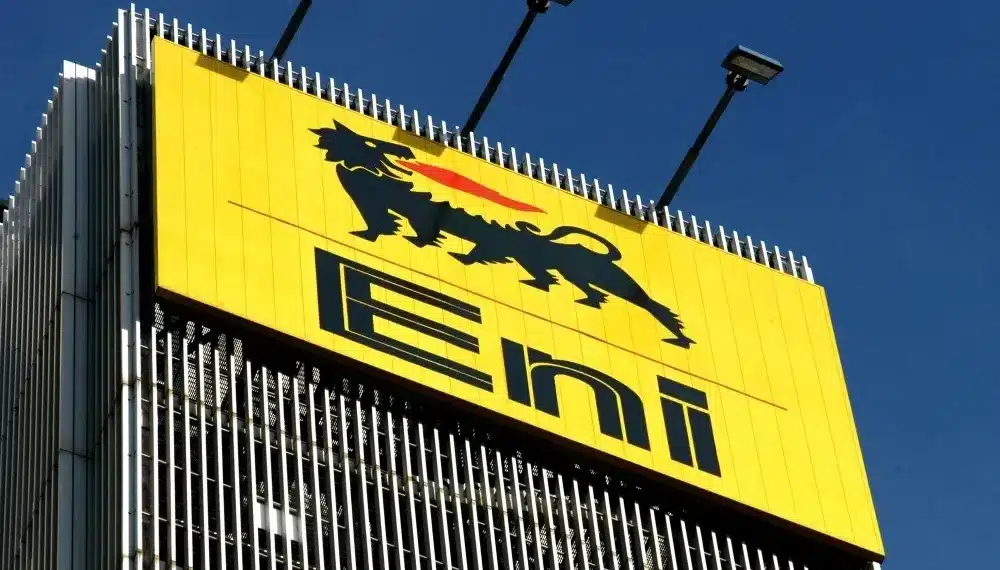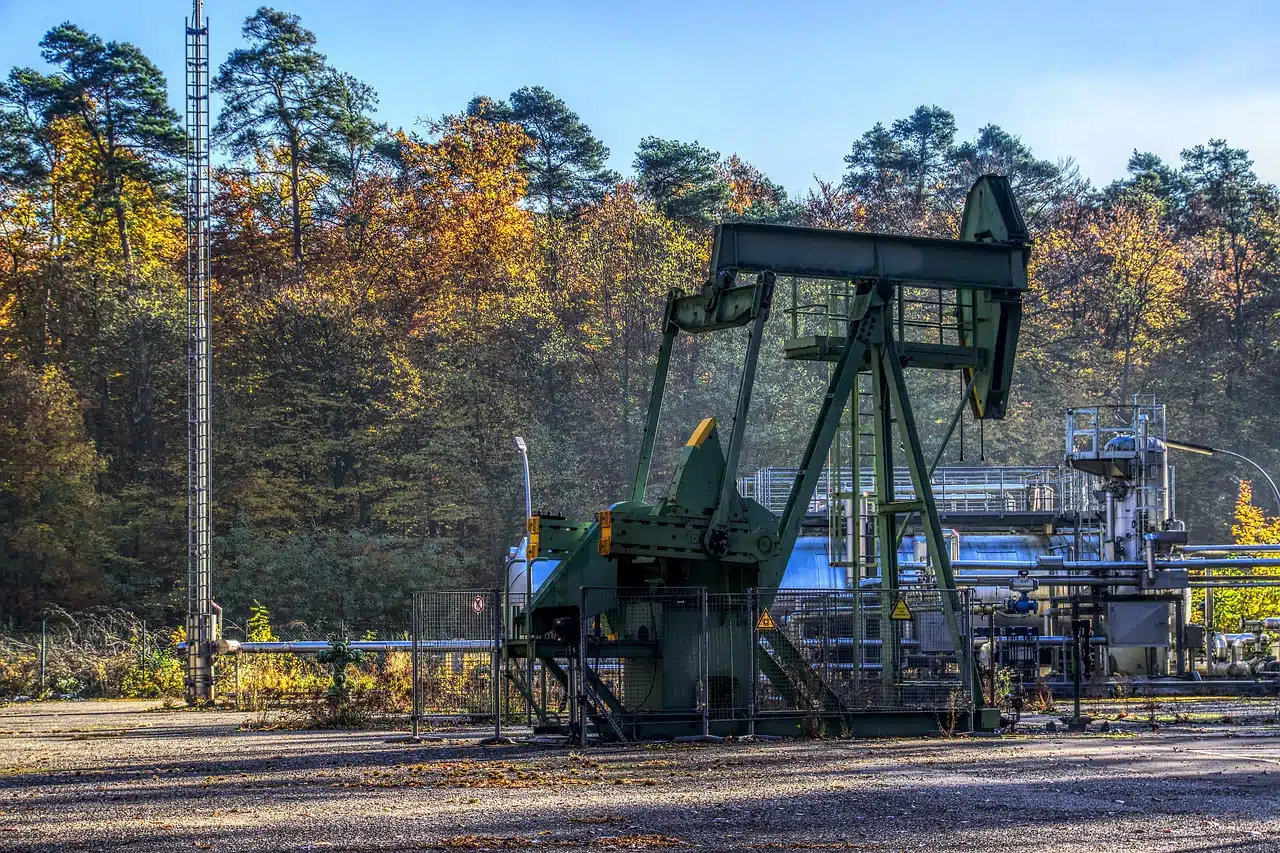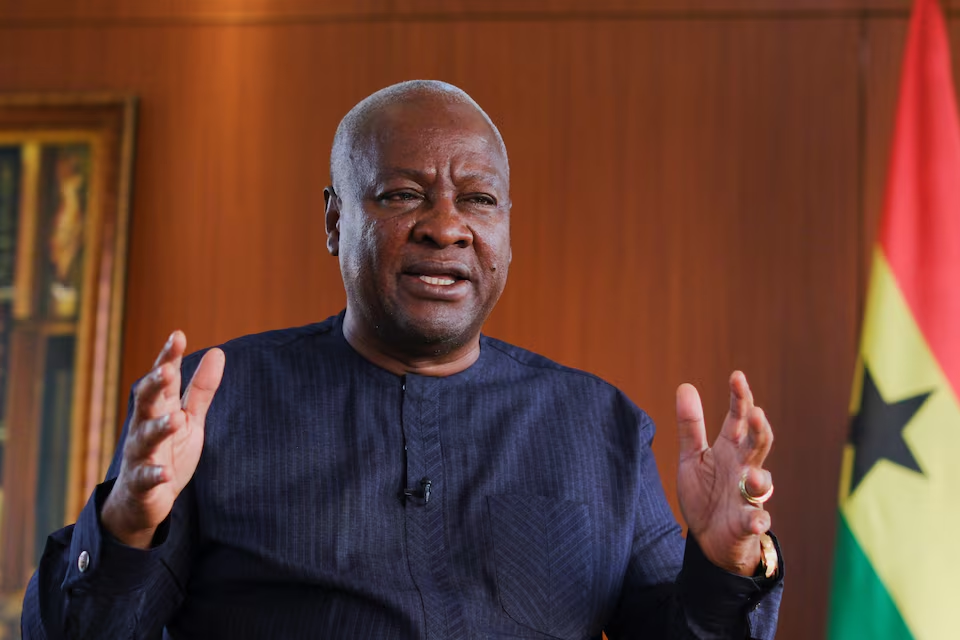The Chief Executive Officer of Seplat Energy, Roger Brown, has stated that the indigenous ownership of Nigeria’s energy resources should be the way forward for the oil-producing African nation.
In a recent interview with Financial Times, the indigenous company boss shared that the approval of Exxon’s onshore asset to Seplat will unlock further investment in Nigeria’s oil sector.
According to him, Exxon’s investment in Nigeria’s onshore has been “very little” since 2019, and Nigeria needs to move forward with a strategy of indigenous ownership.
In December, Nigeria’s federal government approved a $1.2 billion acquisition of Mobil (Exxon’s onshore assets) to Seplat.
The sale, which was stalled for three years since 2022, was finally given a positive nod by Nigeria’s president, Bola Tinubu, alongside other divestment deals including Shell’s, Equinor’s, and Addax’s.
Following its acquisition, Seplat said it will revive hundreds of Exxon’s idle oil wells in order to boost production.
In recent times, international oil companies (IOCs) have divested their assets, particularly in the onshore fields, selling them to indigenous companies.
For Brown, this is the right strategy for Nigeria, a country which has been starved of investment in its oil and gas industry for decades.
“I think it was time to move from Exxon ownership where there was very little investment since 2019 or even earlier than that,” Brown told Financial Times. “Indigenous ownership of energy resources is clearly the way forward for Nigeria.”
Following its acquisition of Exxon, Seplat now operates 11 oil blocks in Nigeria’s onshore and shallow water—including 48 producing oil and gas fields, five gas-processing facilities, and three export terminals.
Earlier in December, Brown said in an interview that the oil firm wants to increase its output from roughly 71,000 barrels of oil equivalent per day to over 200,000 barrels per day, although he did not specify how soon this would be accomplished.
He further explained that Nigeria will experience a boost in its oil production growth as a result of this investment.
“If you’re an IOC you’re looking all around the world where to put your money next, whereas the indigenous players, by and large, are only looking at Nigeria,” he said.
Since resuming office, Nigeria’s president has signed multiple executive orders to revive the moribund oil and gas sector.
Recently, he fired the long-serving Chief Executive Officer of the country’s national oil company, Mele Kyari, also replacing the entire 11-person board members.
He also announced Shell’s veteran, Bashir Ojulari, as the new boss of the oil company.
The move, many believe, is part of the president’s ongoing strategy to spur investment in the sector and increase the production of oil, the primary revenue source for the government.

